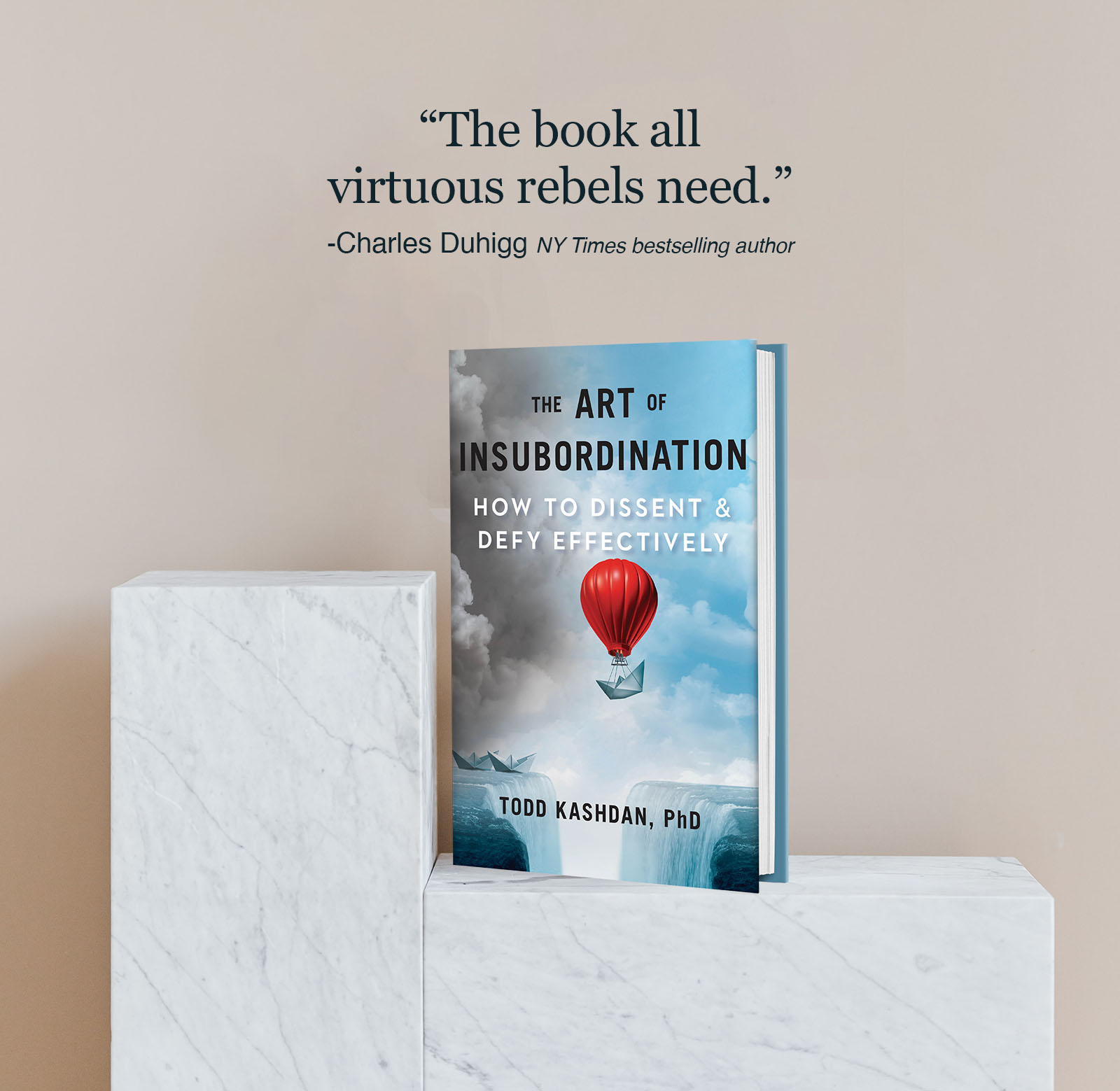Raising Kids Without Parent Role Models
You are not imprisoned by the past. Many of us did not have a father or mother growing up. Or maybe your caregivers were absent, negligent, or abusive. While hard, we can break free from the past and start anew. It starts with intentions, not expectations.
Ventricle Expansion
15 years ago I became a father. Something I always wanted but could never understand until twin hypomanic creatures arrived. Nobody explains how large your ventricles become. Nobody can explain how easily they can be torn asunder. My entire world shifted with my twin daughters birth.
- The capacity to love and be loved, it’s the main ingredient of the good life. Chloe and Raven taught me how without saying a word.
- The second ingredient is to better tolerate pain and frustration. For all that is holy and horrid my twins taught me by whining, lamenting, arguing, degrading, dissenting, eviscerating, with the most ungodly backdrop of doors slamming.
When the portal opened to extreme love and pain, I gained access to a purpose in life. Each of us would benefit from being attuned to what we are willing to sacrifice because the cause is personally valued. When you welcome anxiety and pain, feel as if it’s worthwhile to expend great effort, take notice. In this activity lies the seeds of meaning.
Lessons Go Both Ways
Spending time with my kids daily quickly became the path to fulfillment. Not the only path. The main path. Since the age of 5-6, I offered them a mantra of my three tasks.
-
Teach you stuff
-
Make you laugh
-
Love you no matter what
While repeating this simple mantra, I point out: I’m not your friend. Your friends come and go. I’m your dad. A far more profound, committed relationship. I will be waiting to listen for whatever minutiae you share. Not out of obligation. Because I am deeply interested in your journey. No humility required as I revel in their delight, pride, exhilaration, curiosity, contentment, and love. And serve as a sounding board for whatever elicits anger, sadness, anxiety, worry, fear, guilt, embarrassment, and shame. Responsiveness is a central feature of deeply compassionate, committed loving relationships.
Overcoming Early Deprivation
Not having a dad growing up, I had no model of how to parent. When my mother died, I lived with my grandmother. She didn’t have friends over for dinner. There were no adult gatherings except family holidays. I never had a family member attend my sporting events (wrestling, football, track and field, weightlifting or body building tournaments, and my absurd tryout for American Gladiators).
One of my proudest adolescent moments was at the East Meadow High School school sports award night. My peers had family attending, hugging them, cheering for them. I walked in alone. Every boy wore slacks, a button down shirt, and a tie. As for me? I wore neon orange shorts with a white tank-top with a cartoon Godzilla surfing (terrifying fashion sense that hasn’t improved much). I sat with friends who laughed at my wardrobe malfunction. I didn’t know the dress code. After we each took home awards, I watched other kids leave under the wings of beaming mothers and fathers. I called my grandmother to pick me up (back when they had telephone booths) from a curb where I sat next to a trophy, in the dark of night.
I didn’t have a revelation of the kind of parent I would be. I just knew I would be present, dropping anything else, when they wanted me there. For 15 years, I’ve been experimenting with how to be the most engaged, loving parent to them. On their birthday, I celebrate them and reflect on how I’m doing.
Not having a high-quality caregiver says nothing about your capabilities to be one. Living in an impoverished environment does not mean you lack access to well-being. Some streetwalkers from Calcutta have strong social bonds that match or exceed wealthy corporate executives in Silicon Valley. When possible, resist being defined by the past. Lessons learned can expand rather than constrain your potential.
Regular Feedings
Parents automatically love their kids, fortunate are those who enjoy being around their kids. My twin daughters are my favorite characters to spend time with and my greatest travel companions. A preference for climbing fallen trees over rivers than hitting pubs. Singing karaoke and eating Italian rainbow squares by the fire instead of frolicking on city streets.
To every adult who is learning this most meaningful of tasks on their own (helping the next generation live the best life possible), I salute you. Your kids will form a life narrative from a tapestry of shared experiences. Feed them uplifting moments where autonomy is granted, mastery is acknowledged, and strengths are spotted.
Provocation
Not everyone is privileged in their childhood. What did you miss out on as a kid? Break the answer down into specific behaviors. Take on the role of lifelong learner. Work on whatever is on that list. Find mentors know by talking to people. Asking questions. Reading books. Watching videos. Attend to reverse mentors who do the exact opposite of what’s desired and remember to be something other than them. Be the person you wish you had. It will help you in the quest for compassion toward other people as well as for yourself.
Btw…
- Register for a free Politics & Prose live event on Saturday, February 19, where I will be discussing my new book, The Art of Insubordination. I’d love to meet Provoked readers!
Know a parent? Share these Provoked ideas with them!

Dr. Todd B. Kashdan is Professor of Psychology and leads The Well-Being Laboratory at George Mason University. His latest book, available for pre-order, is The Art of Insubordination: How to Dissent and Defy Effectively.